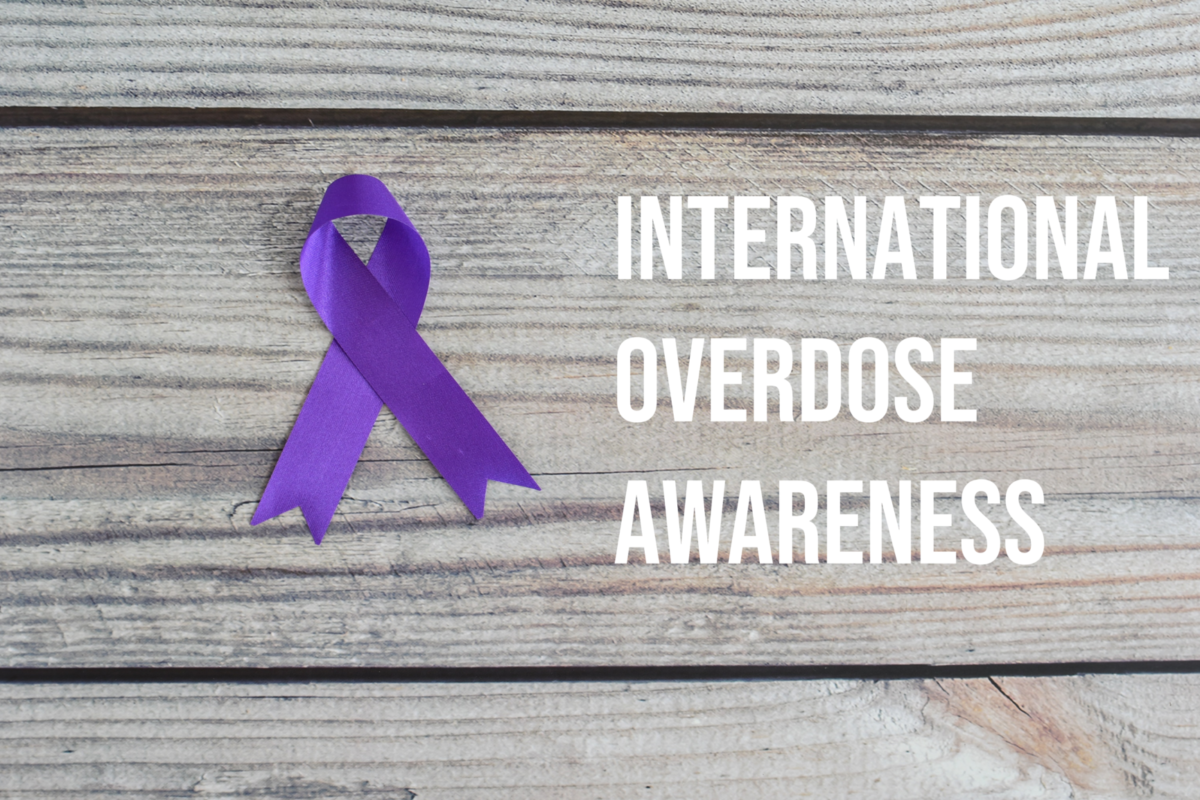Why Overdose Awareness Matters More Than Ever
International Overdose Awareness Day, August 31st, began in Australia 20 years ago to raise awareness of overdoses, reduce the stigma of drug-related deaths, and remind us of the grief felt by the families and friends of those who have died due to substance use disorders (SUD). Today, International Overdose Awareness Day is recognized in more than 40 countries.
Isolation individuals have experienced during the COVID-19 pandemic has exacerbated mental health and SUD challenges, and reduced access to supportive communities and behavioral health care. Substance use and overdose deaths have increased during the pandemic.
The Substance Abuse and Mental Health Services Administration (SAMHSA) and others have developed approaches, tips, and guidance for managing your mental health during this time, as well as links for locating treatment for substance use disorders. Anton C. Bizzell, MD, President/CEO of The Bizzell Group, has dedicated his career to improving access to quality substance abuse, mental health, and medical treatment and prevention services, and writes about timely behavioral health solutions in his monthly Psychology Today column, Mind Your Health. You can make a difference too, by accessing these resources and promoting behavioral health in your community.


